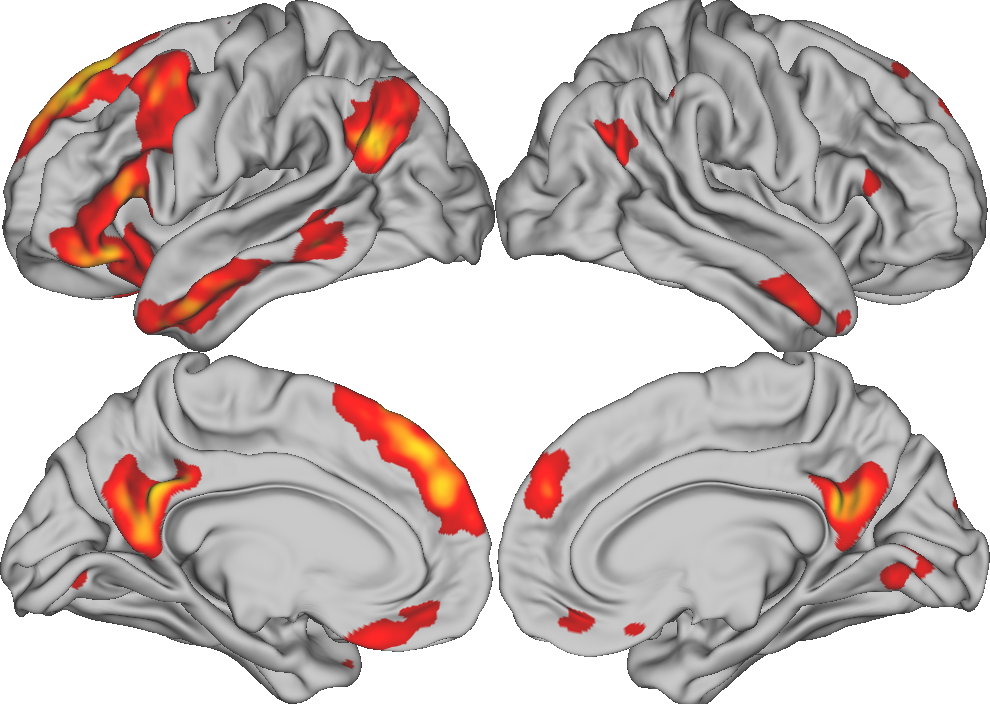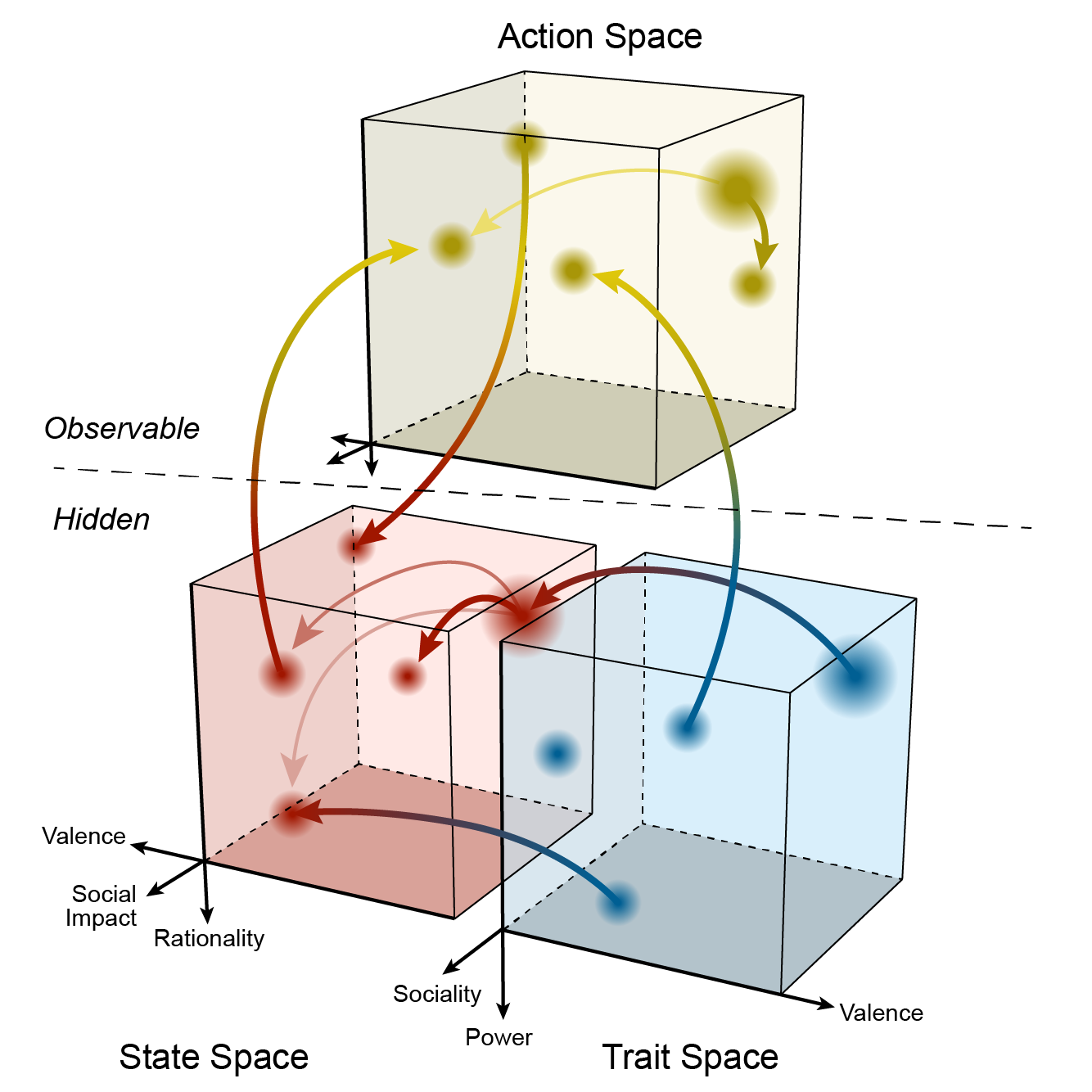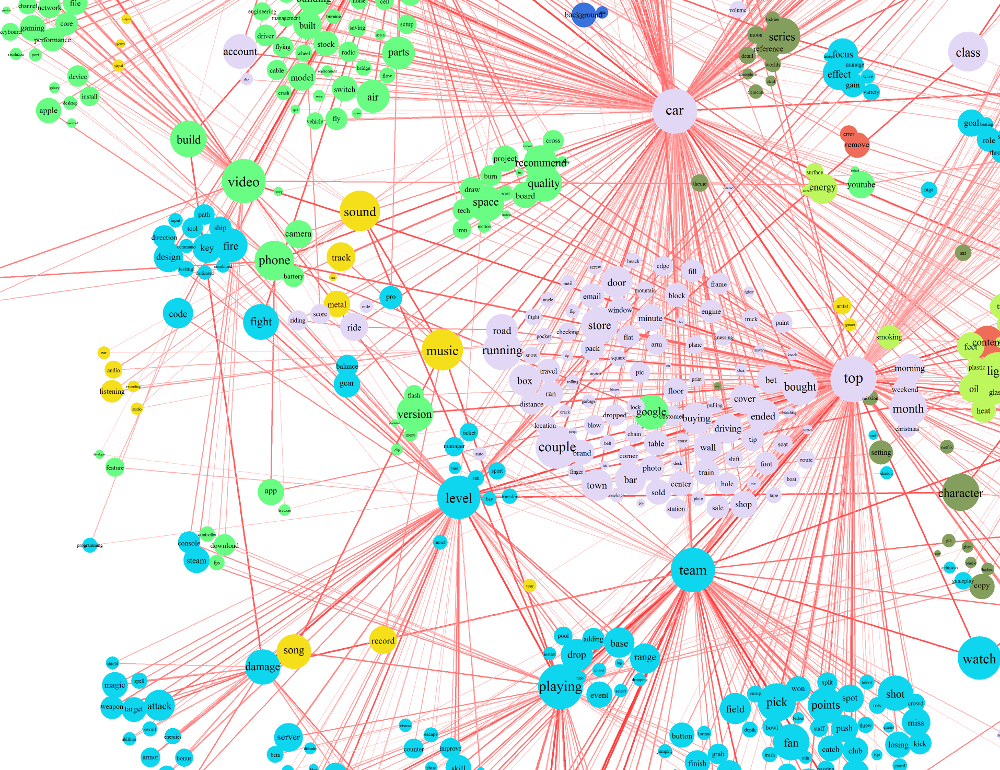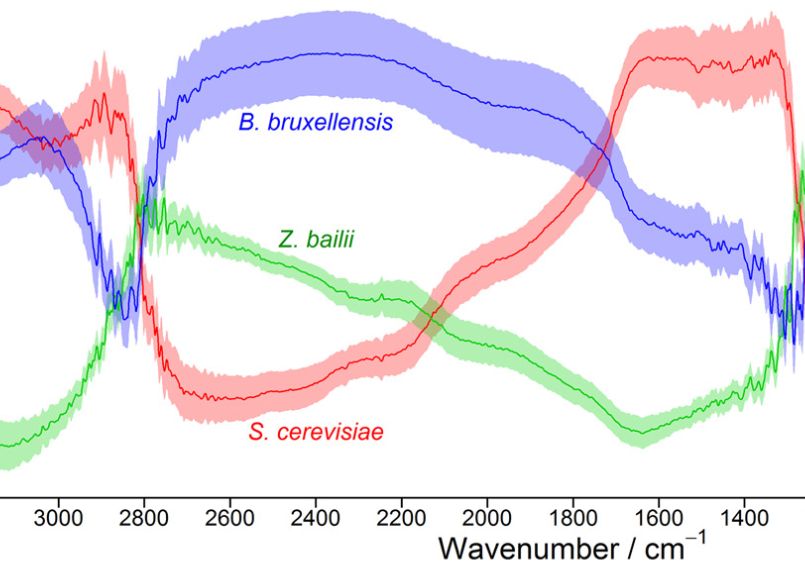
Neural organization of social knowledge
My research focuses on the neural organization of social knowledge – how our brains make sense of other people's thoughts, feelings, traits, situations, and actions. I try to understand how the mind distills the enormous complexity of the social world down to its essential ingredients. To this end, I use fMRI to examine patterns of neural activity elicited by thinking about other people with various traits and mental states, or performing different actions. I then use pattern analyses try to determine which theoretical dimensions or groupings best account for the corresponding neural representations. For accessible summaries of research in this vein, see my blog here and here.

Accuracy and automaticity in social prediction
My research on the organization of social knowledge informs my second main line of research, which investigates how people predict other people. Predicting the social future is a crucial skill, because by anticipating others' mental states and actions, we can plan our own actions to better achieve our goals. In this line of research, I use large naturalistic datasets, such as experience-sampling and annotated videos, to measure actual social dynamics, such as the transitional probabilities between mental states. I then compare these measures of social reality to people's perceptions of these social dynamics to assess their accuracy. See my blog here for an accessible introduction to this work.
In related neuroscientific research, I study how social predictions are implemented in the brain. Specificially, I examine whether the brain automatically predicts the social future, as part of preceiving the present. My findings suggest that the dimensions people use to organize social knowledge facilitates this type of reflexive social prediction (read more here).

The mind on the web
To complement the fine-grained research I do in the lab with fMRI, I also engage in a variety of web research. Online research allows me to connect directly with much larger and more diverse groups of participants than those I can practically involve in my neuroimaging research. It also allows me to study real world behavior by programmatically accessing data already existing on the internet (a process known as web scraping). In this vein, I recently launched mysocialbrain.org, a platform for online social cognition research. This platform seeks novel insights through techniques including large-scale individual differences research, live cognitive modelling, adaptive design optimization, and the inclusion of existing application programmming interfaces (APIs) in research. Many of my informal web research projects are featured on my blog.

The perception and production of wine
In addition to my main line of research in social cognition, I also moonlight as a wine researcher. I have a long-standing interest in wine, in large part due to the fact that my parents are both wine microbiologists. I have collaborated with them in their efforts to develop chemometric approaches to microbial identification by providing quantitative analytic support. The techniques we have developed will allow winemakers to more rapidly and inexpensively understand the microbial populations in grapes coming in from the field or juice undergoing fermentation. I also integrate my interests in wine and web research by using text analysis of online tasting notes to understand how people use wine descriptors.